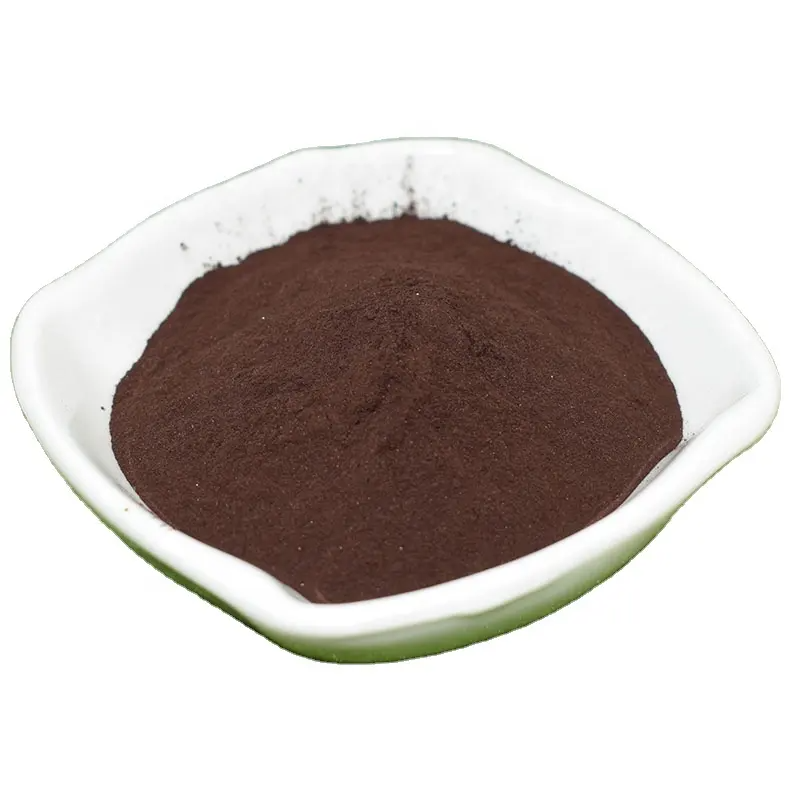
Dec . 04, 2024 23:55 Back to list
best organic nitrogen fertilizer for vegetables manufacturers
The Best Organic Nitrogen Fertilizers for Vegetable Cultivation A Guide for Manufacturers
In the ever-evolving realm of agriculture, the shift towards sustainable practices has seen a significant rise in the demand for organic fertilizers. Among these, organic nitrogen fertilizers play a crucial role in promoting healthy plant growth, particularly for vegetable crops. Manufacturers aiming to meet the needs of environmentally conscious farmers must understand the best organic nitrogen sources available and how they can enhance soil health and vegetable yield.
Understanding Nitrogen’s Role in Plant Growth
Nitrogen is an essential macronutrient for plants, playing a vital role in photosynthesis, growth, and the synthesis of proteins and nucleic acids. Vegetables, with their rapid growth cycles and high nutrient requirements, particularly benefit from adequate nitrogen supply. However, the method of nitrogen application is critical; overuse of synthetic fertilizers can lead to soil degradation, water pollution, and reduced crop quality. Therefore, organic nitrogen fertilizers have emerged as preferred alternatives, contributing to long-term soil fertility and sustainability.
Popular Organic Nitrogen Fertilizers
1. Compost A time-tested organic fertilizer, compost is rich in nutrients and beneficial microorganisms. It is produced from decomposed organic matter, such as kitchen scraps, yard waste, and other biodegradable materials. The nitrogen content varies, but compost improves soil structure and water retention while providing a slow release of nutrients, making it ideal for vegetable gardens.
2. Manure Different types of animal manure, including cattle, poultry, and horse manure, provide significant nitrogen content. Aged or composted manure is preferred to avoid the risk of pathogens and to ensure that nutrients are available for plant uptake. Proper application rates are essential to prevent nutrient runoff and contamination.
3. Fish Emulsion Derived from fish processing waste, fish emulsion is a nutrient-dense liquid fertilizer that provides a quick nitrogen boost. It’s an excellent choice for foliar feeding and can be diluted and applied directly to the soil. Its natural nutrients not only promote plant growth but also enrich the microbial community in the soil.
4. Soybean Meal This byproduct of soybean oil extraction is a rich source of organic nitrogen (typically around 7% nitrogen). It is an excellent amendment for vegetable gardens, offering slow-release nutrition and improving soil fertility. Soybean meal also benefits soil structure and encourages microbial activity, leading to better nutrient availability for plants.
best organic nitrogen fertilizer for vegetables manufacturers

5. Alfalfa Meal High in nitrogen (about 3% to 4%), alfalfa meal is another excellent organic option for vegetable growers. It contains beneficial growth hormones and promotes microbial life in the soil, enhancing nutrient uptake and plant resilience. Alfalfa meal is particularly effective when mixed into the soil prior to planting.
Best Practices for Application
For manufacturers looking to market organic nitrogen fertilizers, it is crucial to educate farmers about best application practices. Understanding the timing and method of application can significantly influence the effectiveness of these fertilizers.
- Soil Testing Before applying any fertilizer, farmers should conduct soil tests to determine existing nutrient levels. This ensures that they can apply the appropriate amount of nitrogen without risking over-fertilization.
- Timing Applying nitrogen fertilizers during the growing season, ideally when plants are actively growing, maximizes absorption and minimizes waste.
- Incorporation For solid fertilizers, incorporating them into the soil rather than simply surface applying can enhance nutrient uptake and reduce nitrogen loss due to volatilization.
Conclusion
The shift towards organic fertilizers represents not only a response to environmental concerns but also an opportunity for agricultural innovation. Manufacturers who focus on producing high-quality, effective organic nitrogen fertilizers can play a pivotal role in supporting sustainable vegetable production. By understanding the available options and promoting responsible application practices, they can help farmers achieve healthier crops while preserving the integrity of our ecosystems. As the demand for organic products continues to grow, so does the potential for manufacturers to make a meaningful impact on the agricultural landscape.
-
Premium Organic Manure Compost for Eco Gardens
NewsAug.01,2025
-
Organic 10-10-10 Fertilizer | Balanced Plant Nutrients
NewsJul.31,2025
-
Premium Amino Acid Fertilizer | Rapid Plant Growth Booster
NewsJul.31,2025
-
10 10 10 Fertilizer Organic—Balanced NPK for All Plants
NewsJul.30,2025
-
Premium 10 10 10 Fertilizer Organic for Balanced Plant Growth
NewsJul.29,2025
-
Premium 10 10 10 Fertilizer Organic for Balanced Plant Growth
NewsJul.29,2025
